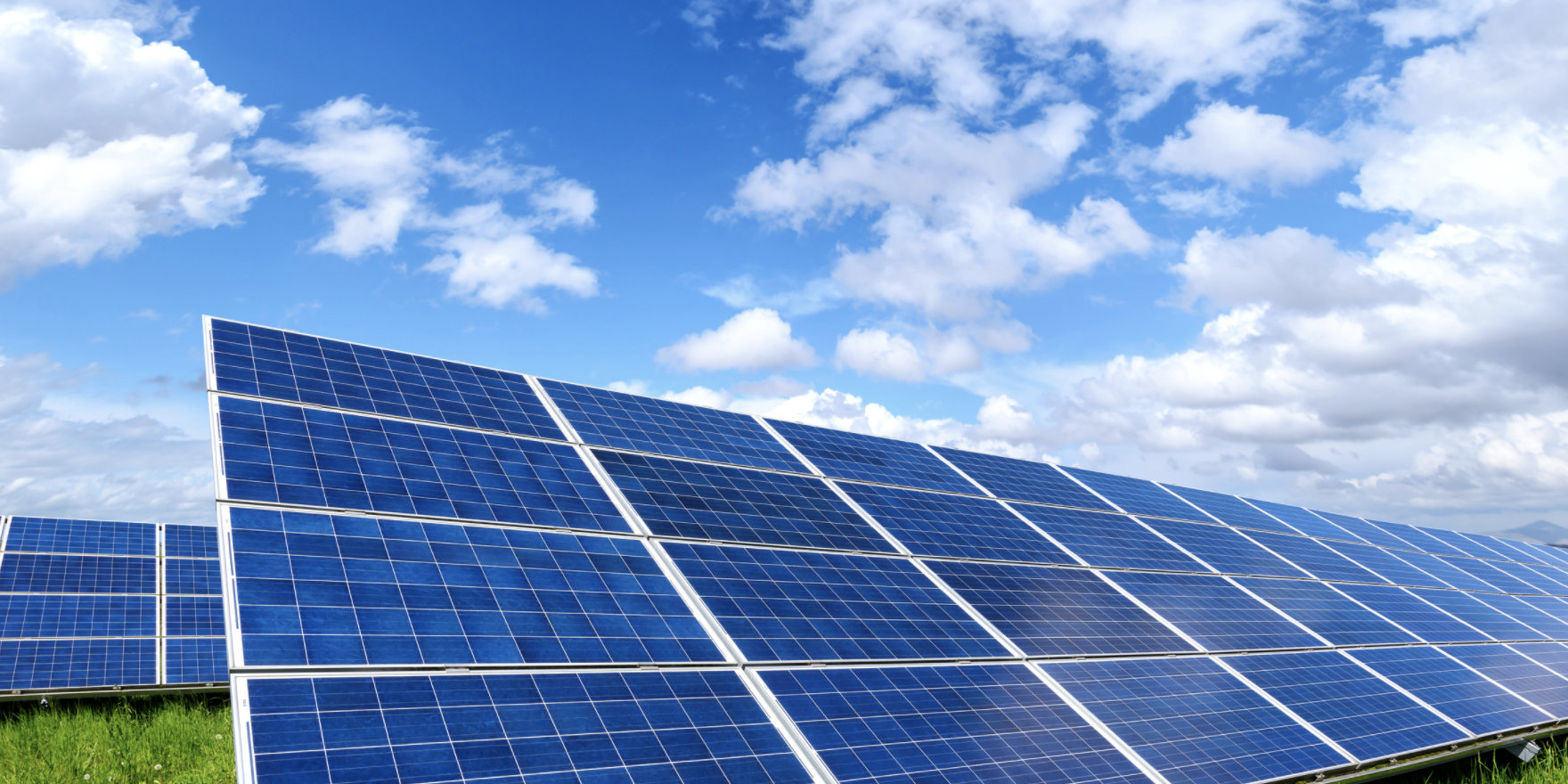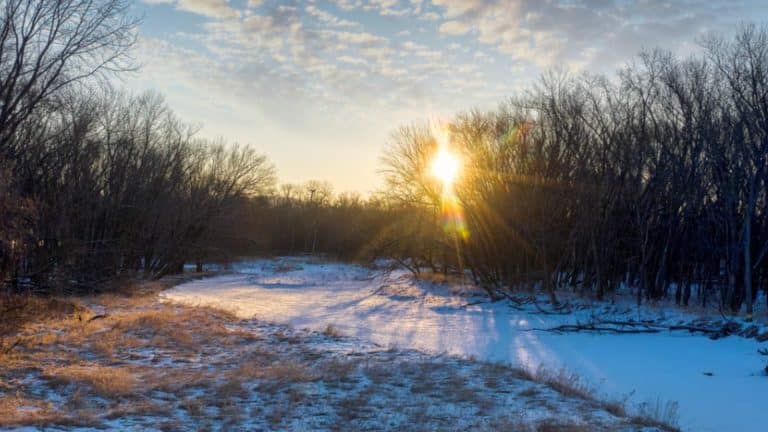Raleigh, N.C. – Duke Energy’s 2020 Integrated Resource Plans (IRPs) do not represent the most cost-effective way for Duke to serve North Carolina ratepayers, according to expert analysis filed with state regulators by clean energy groups. The groups asked the North Carolina Utilities Commission (NCUC) not to accept Duke’s 2020 IRPs, and to instead require Duke Energy Carolinas (DEC) and Duke Energy Progress (DEP) to file revised IRPs.
Duke submitted its 2020 IRPs, one for DEC and one for DEP, to the NCUC in September 2020. The 2020 IRPs are too dependent on outdated fossil fuels and undervalue low-cost, low-risk clean energy resources like energy efficiency, demand-side management, renewable energy, and battery storage.
The Southern Environmental Law Center (SELC), on behalf of the Natural Resources Defense Council (NRDC), Sierra Club, and Southern Alliance for Clean Energy (SACE), filed joint comments with the North Carolina Sustainable Energy Association and the Carolinas Clean Energy Business Alliance based on expert analysis by Synapse Energy Economics. Synapse’s analysis demonstrates that Duke’s plans are based on flawed assumptions, and would lock North Carolina into further dependence on burning fossil fuels.
In fact, Synapse’s analysis shows that Duke’s IRPs are not least-cost. Instead, Synapse outlines a reliable and cleaner future that saves Duke customers money. Synapse’s pathway would retire expensive, polluting coal plants quickly and replace them with clean energy options. The suggested alternative resource portfolio would reduce the costs borne by ratepayers by $7.2 billion, while reducing carbon dioxide emissions by tens of millions of tons per year, deploying large volumes of solar and energy storage, and avoiding gas capacity additions, all while maintaining reliability.
SELC, NRDC, SACE, and the Sierra Club submitted additional expert analyses that found flaws in Duke’s projections of demand for electricity on cold winter mornings, and in Duke’s estimates of the potential for energy efficiency and demand-side management to help customers save money. These flaws, also detailed in comments filed with the commission, could lead to costly overbuilding of gas plants that will soon be obsolete and need to be retired before the end of their useful lives, leaving Duke’s customers on the hook to pay for them.
Without direction from the NCUC, Duke plans a massive buildout of gas power plants. The groups also submitted an expert proposal for a better option that is available for North Carolina’s economy and environment. A competitive procurement approach that allows independent power producers to submit bids for all types of resources would harness market dynamics to meet electricity needs with the least-cost mix of resources, instead of locking customers into decades of paying for costly, climate-disrupting, polluting fossil fuels.
NRDC is an international nonprofit environmental organization with more than 3 million members and online activists. Since 1970, our lawyers, scientists, and other environmental specialists have worked to protect the world’s natural resources, public health, and the environment. NRDC has offices in New York City, Washington, D.C., Los Angeles, San Francisco, Chicago, Bozeman, MT, and Beijing. Visit us at www.nrdc.org and follow us on Twitter @NRDC.
Sierra Club
The Sierra Club is America’s largest and most influential grassroots environmental organization, with more than 3.5 million members and supporters. In addition to protecting every person’s right to get outdoors and access the healing power of nature, the Sierra Club works to promote clean energy, safeguard the health of our communities, protect wildlife, and preserve our remaining wild places through grassroots activism, public education, lobbying, and legal action. Learn more at www.sierraclub.org.
Southern Alliance for Clean Energy
Since 1985, Southern Alliance for Clean Energy has worked to promote responsible and equitable energy choices to ensure clean, safe, and healthy communities throughout the Southeast. Learn more at cleanenergy.org.
Southern Environmental Law Center
For more than 30 years, the Southern Environmental Law Center has used the power of the law to champion the environment of the Southeast. With over 80 attorneys and nine offices across the region, SELC is widely recognized as the Southeast’s foremost environmental organization and regional leader. SELC works on a full range of environmental issues to protect our natural resources and the health and well-being of all the people in our region. Learn more at www.SouthernEnvironment.org


